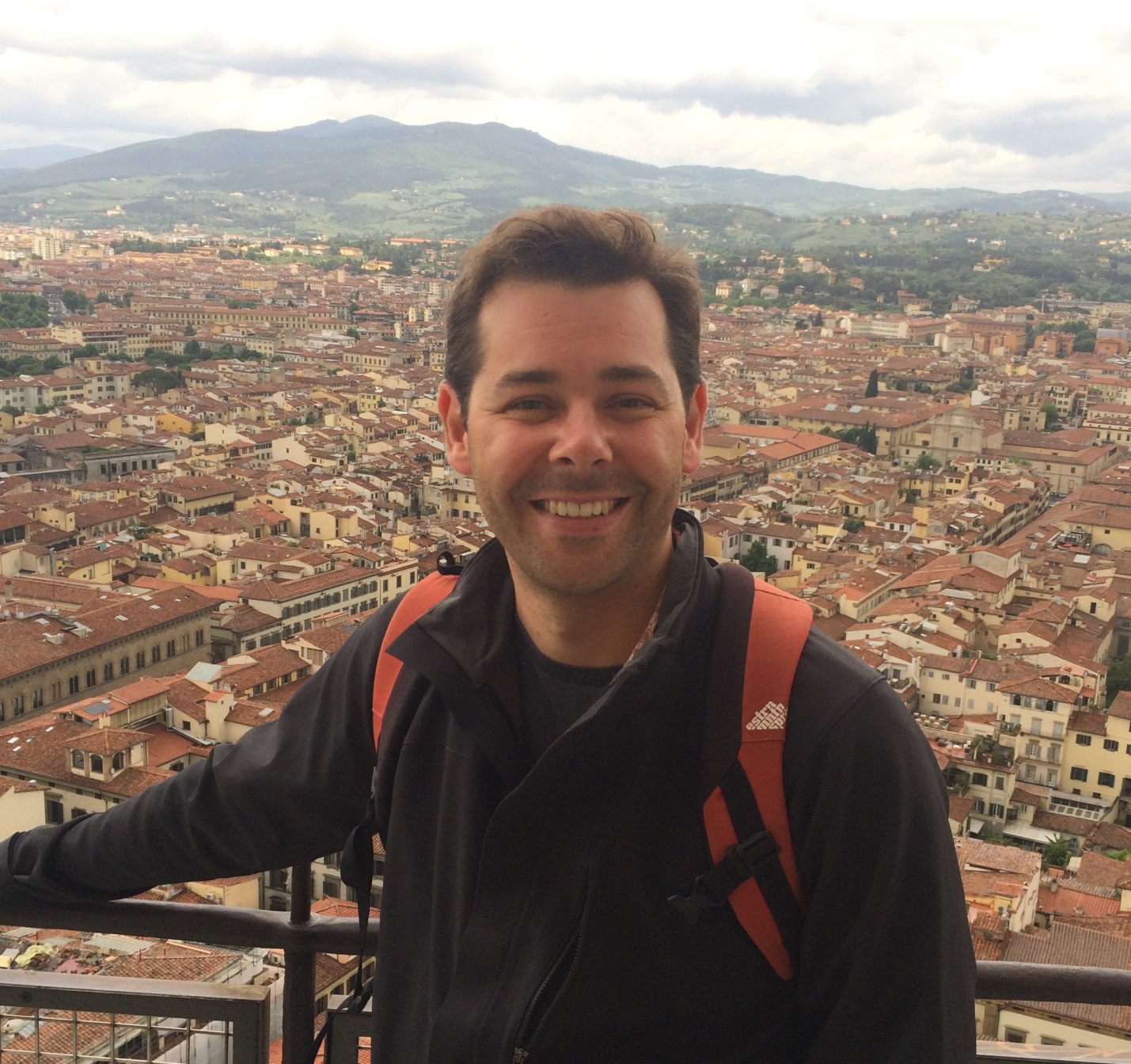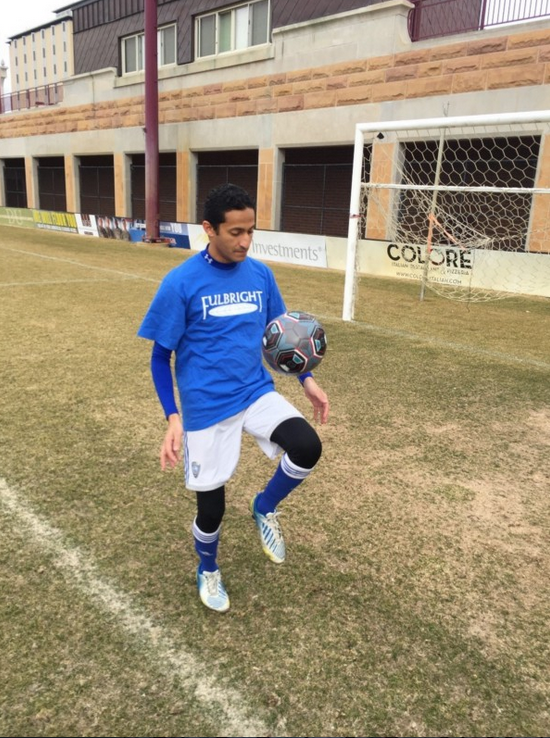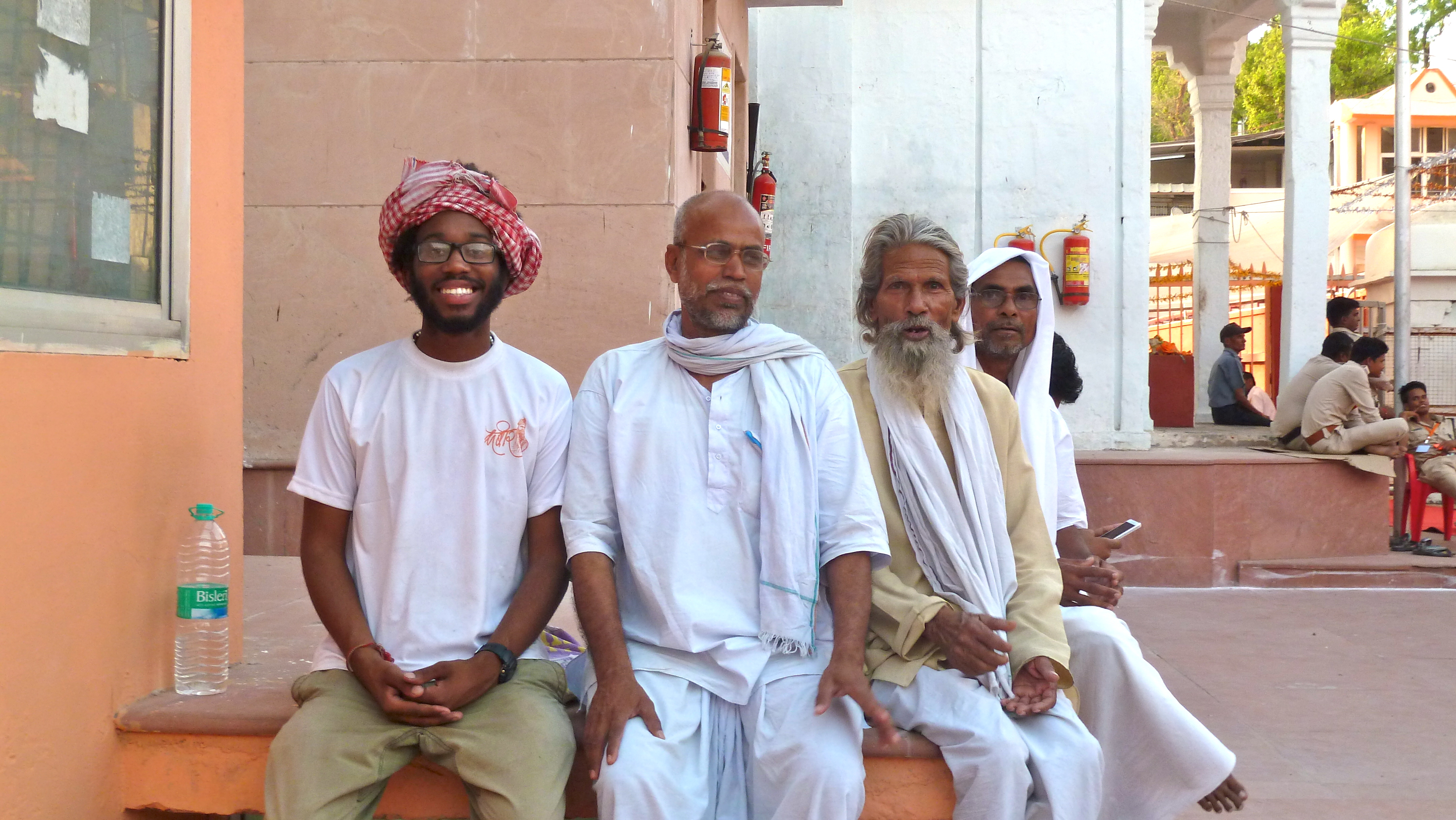
Daniel Hoak, 2015-2016, Italy, visiting Florence
Fulbrighters achieve remarkable things! Are you following the announcements for this year’s Nobel Prize winners? So far, two Fulbright alumni to France have become 2017 Nobel Laureates, Fulbright U.S. Student alumnus Michael Rosbash and Fulbright U.S. Scholar alumnus Kip S. Thorne, for Physiology or Medicine and Physics, respectively.
Today, we are re-posting an article written in 2016 by Fulbright U.S. Student alumnus to Italy, Daniel Hoak, as he was part of the team of scientists who worked on the the LIGO detector and the observation of gravitational waves – the very project that contributed to Kip S. Thorne becoming one of this year’s Nobel Prize winners for Physics!
The Fulbright Program congratulates Kip S. Thorne and Daniel Hoak for their outstanding and ongoing work in the field of Physics.
Two months ago, physicists around the world were set ‘chirping’ with the announcement that gravitational waves had been detected for the first time. The detection is the culmination of decades of work, and it represents the beginning of a new era in astronomy.





 Do you follow the Fulbright Scholar Program on Twitter @FulbrightSchlrs?
Do you follow the Fulbright Scholar Program on Twitter @FulbrightSchlrs?